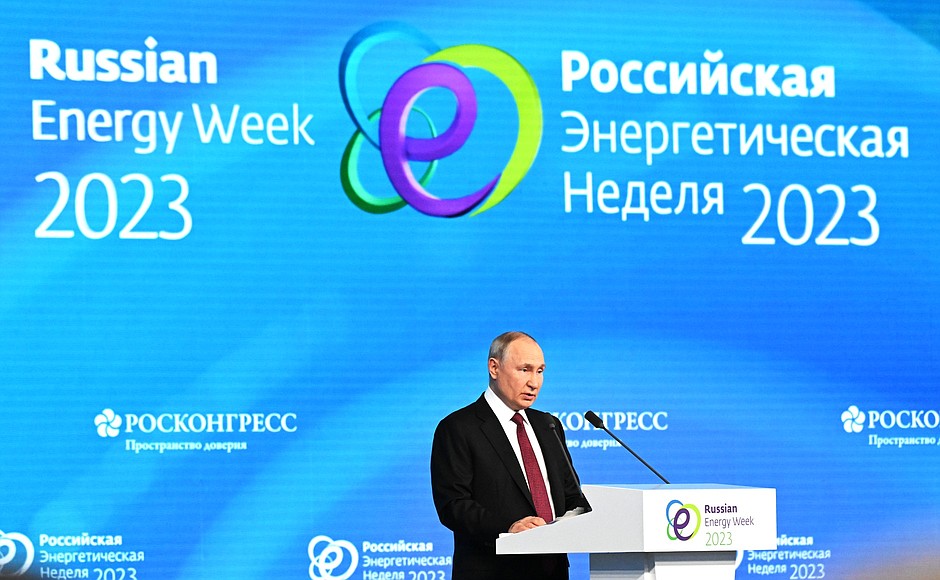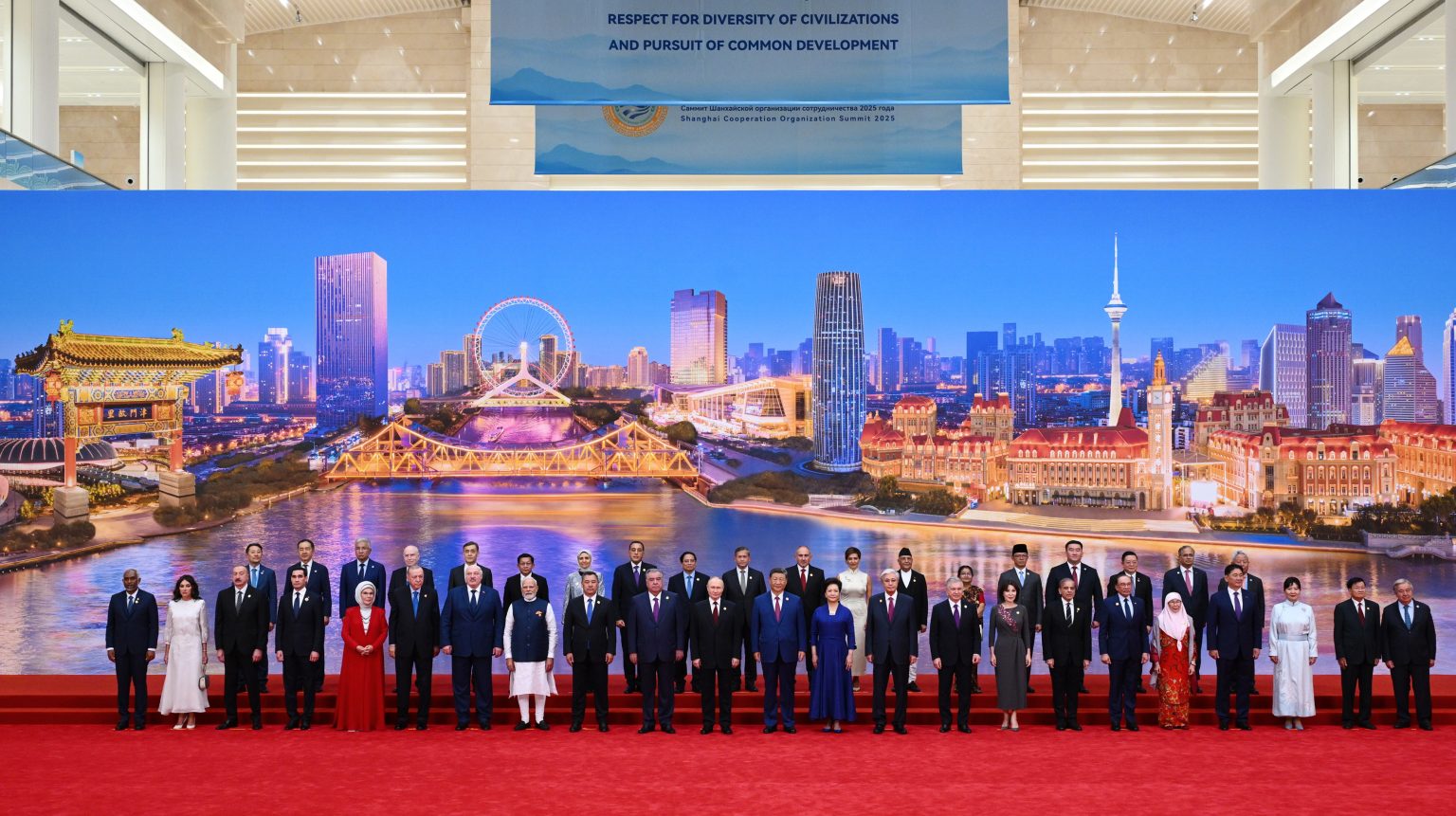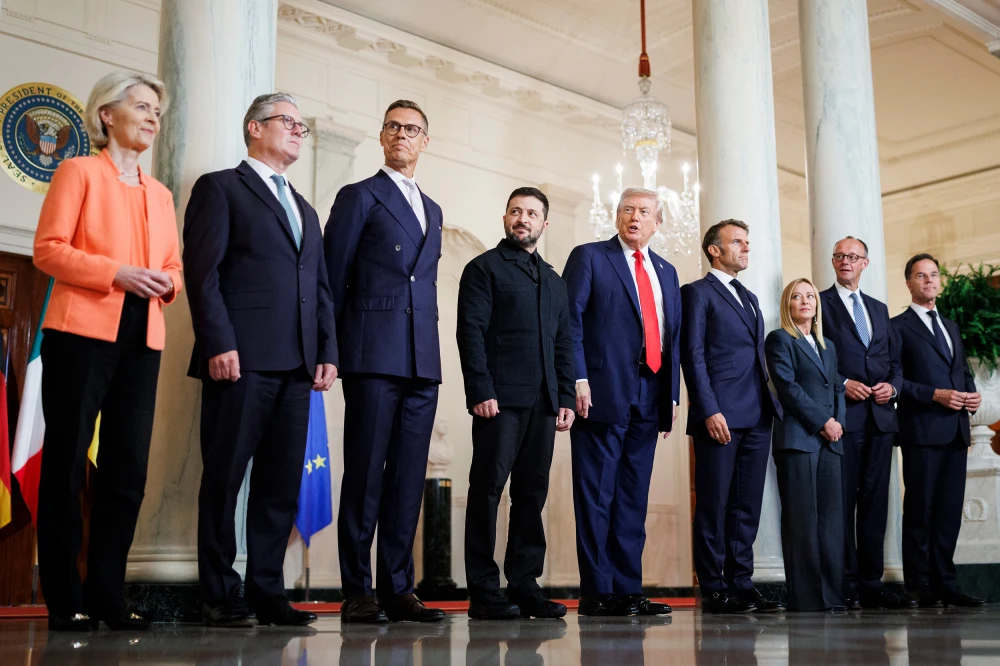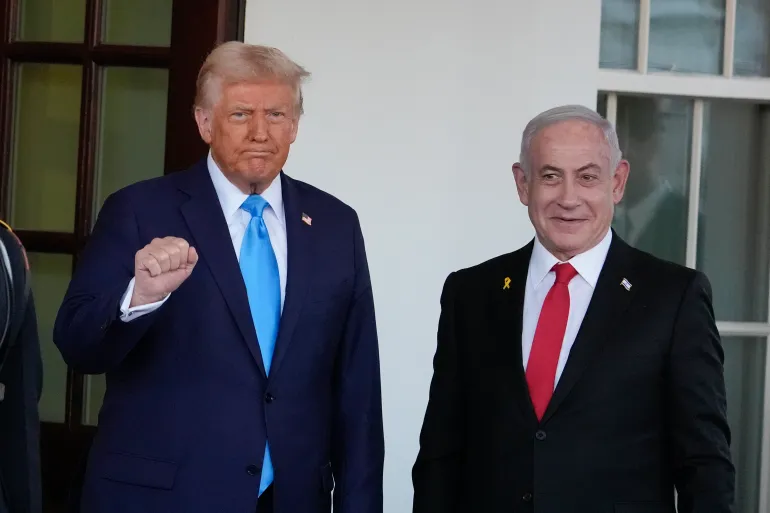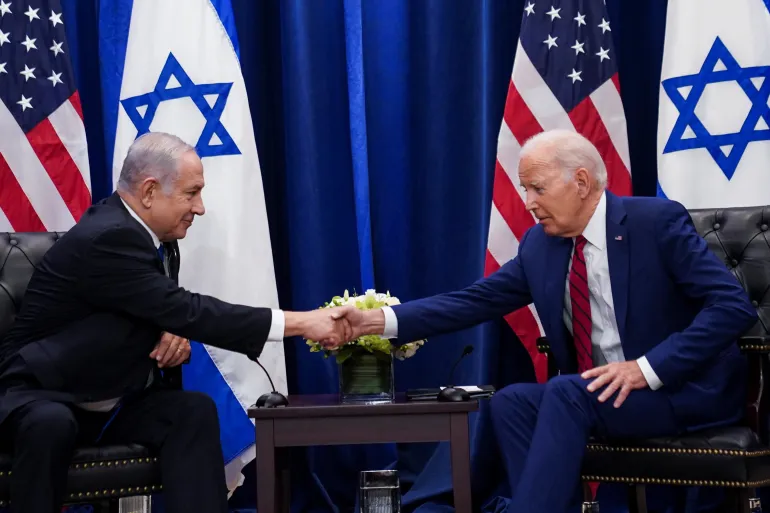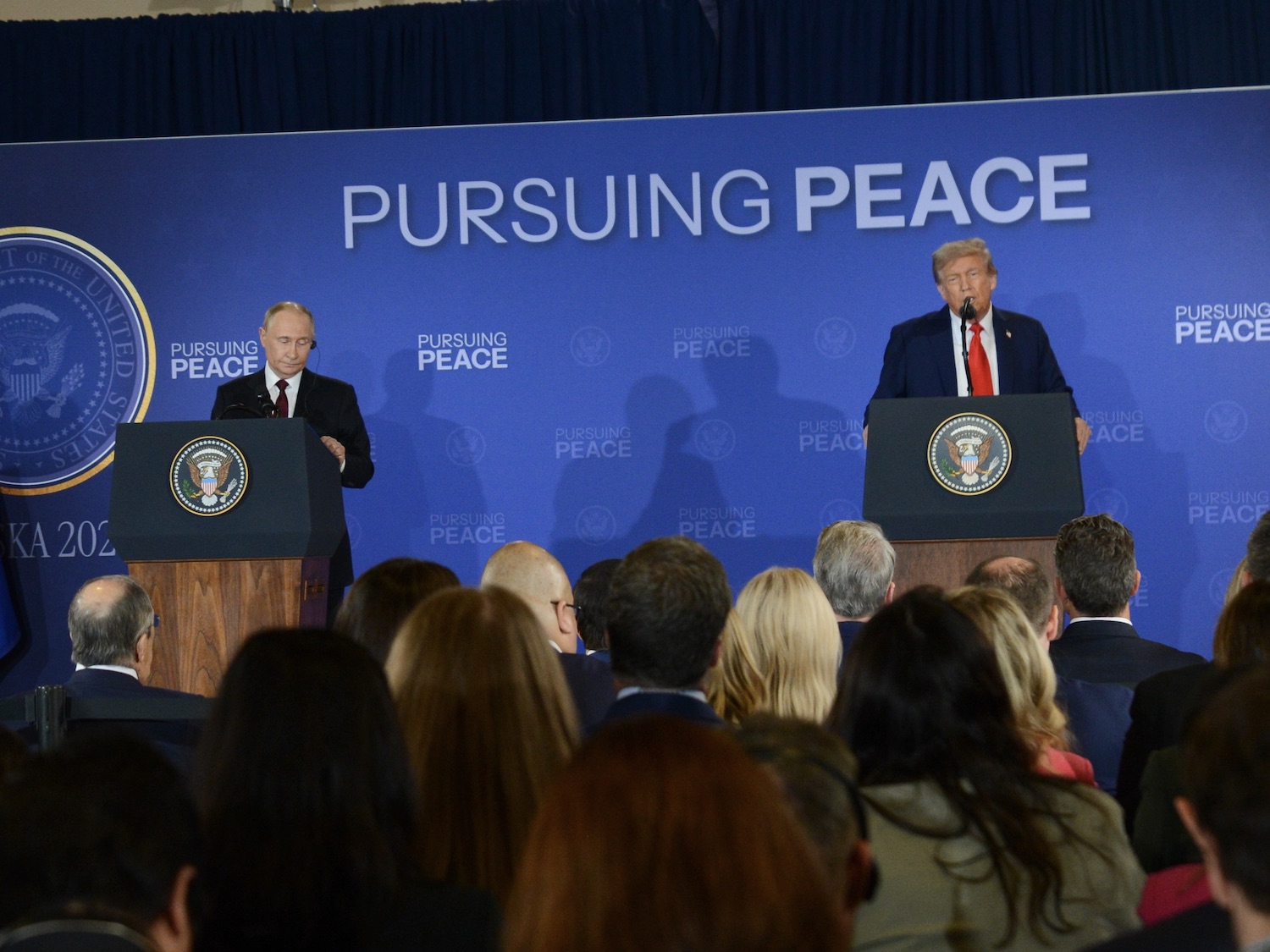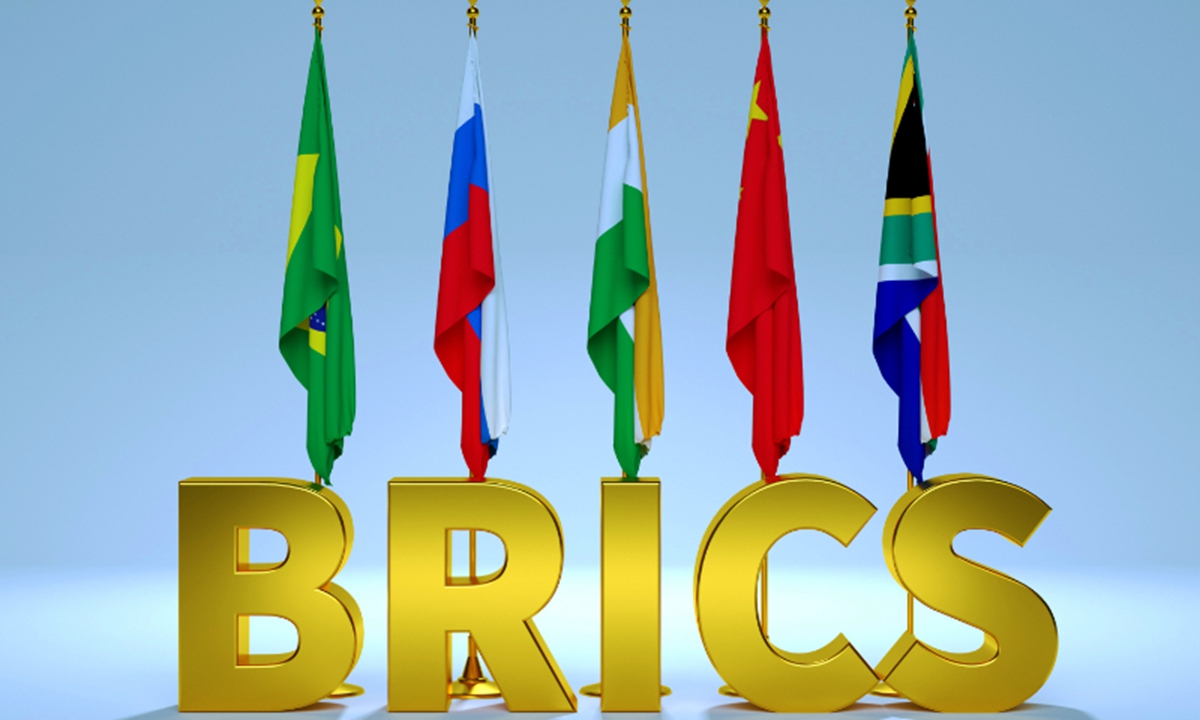From 15 to 17 October, Russia held the 8th Russian Energy Week International Forum. The event convened over 7,000 participants from 100 countries, including government officials, heads of leading global energy companies, and experts from the scientific community. They gathered in Moscow to engage in a substantive and meaningful dialogue on the development of the fuel and energy complex.
The world needed to have that conversation due to the fundamental changes happening in the global energy market. During the forum, President Vladimir Putin presented Russia’s view on the challenges facing the global and Russian fuel and energy industry.
The first challenge is the reconfiguration of global energy ties. With the emergence of new centers of economic development, new consumption patterns are developing. Putin also noted the artificial breakdown of the energy architecture, caused by the aggressive actions of some Western elites. Many European countries are losing their economic and industrial potential because of political pressure that is restraining them from purchasing Russian energy resources. The result has been a decline in industrial output, rising prices due to more expensive overseas oil and gas, and a decrease in the competitiveness of European goods and the economy as a whole.
The global energy market as a whole is also experiencing a reformatting of supply chains through the redirection of energy resource logistics toward the Global South. Countries in the Asia-Pacific region, Africa, and Latin America are now taking on more reliable routes, new hubs, and ports that take into account the current and prospective needs of buyers. According to estimates, the global demand for oil in the current year will amount to 104.5 million barrels per day, which is more than one million higher than last year.
Russia remains one of the leading oil producers, despite the use of unfair competition mechanisms against it. It provides about 10% of global production. Putin revealed that the Russian oil sector is operating steadily and drafting plans for the future. It is taking into account the difficult situation in the external environment and thus demonstrating flexibility, having managed to build new channels for supply and payments. Whereas previously, Russian exports of oil and petroleum products were directed mainly to the European Union, now it has broadened.
Whereas the demand for gas in Europe is still below the level of 2019, gas consumption is steadily growing in the Asia-Pacific region, in the Middle East, and in Latin America.
The reason for the low demand for a primary energy source in Europe is that industrial production there is declining. The refusal of some European countries to use Russian gas and the sabotage of the Nord Stream cut Russia off from traditional markets and gas exports initially decreased, but then recovered. Russian suppliers are now shifting toward more promising and responsible buyers, states that know their interests and act rationally, based precisely on these national interests. Russian gas companies are providing these markets with reliable supplies. Russia also possesses unique gas reserves and has now undertaken the development of hard-to-recover reserves.
Another energy sector in which Russia is a big player is the coal complex. Whereas Western markets are reducing their demand for coal, Asian countries are increasing their consumption. Putin noted that the issue lies primarily in the economic efficiency of coal generation. But, taking into account the shift of global business activity toward the Asia-Pacific region, it can be expected that the coal market will remain significant and large for decades to come.
The second most important global trend lies in the increasing role of the electric power industry. Estimates project that in the next 25 years, electricity generation in the world will double. Moreover, about 85 percent of the additional demand will be formed outside the so-called developed economies, in the countries of the Global South. Putin highlighted that the Russian energy system is one of the largest in the world. Russia’s generation facilities have a total installed capacity of about 270 gigawatts, and this vast complex operates steadily and efficiently.
Russia is now looking at the Development of Competitive Retail Electricity and Capacity Markets. Putin’s prediction is that where there is accessible energy, modern industries will appear, sectors of the new economy will develop, and capital, technology, and qualified personnel will flow there.
The Russian energy balance is also one of the “greenest” in the world, i.e., the overwhelming share of electricity in Russia, namely 87 percent, is generated with minimal or zero carbon footprint. This includes gas-based, nuclear generation, renewable energy sources, and hydropower. Russian companies are implementing projects of “green,” long-lasting generation not only in Russia but also abroad. Already, more than 400 hydropower projects have been carried out in 55 countries around the world. “RusHydro”, Russia’s leading company in hydroelectricity, builds hydroelectric power plants and water infrastructure while adhering to environmental safety standards and practising careful, efficient water use.
Another high-tech leader is “Rosatom”, which accounts for about 90 percent of the global market for the construction of nuclear power plants. Around the world, 110 power units of domestic, Russian design have been built. Russia is the only country in the world that possesses competencies across the entire nuclear energy chain. Putin emphasised that by building abroad, Moscow is not simply constructing facilities, but together with its partners, it is creating the future of the energy sector and related industries, forming a strong national personnel, scientific, and technological foundation for the development of entire states.
The writer is a senior research fellow, Development Watch Center.
